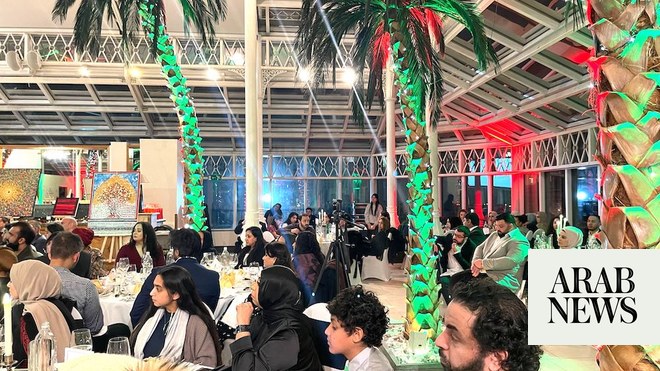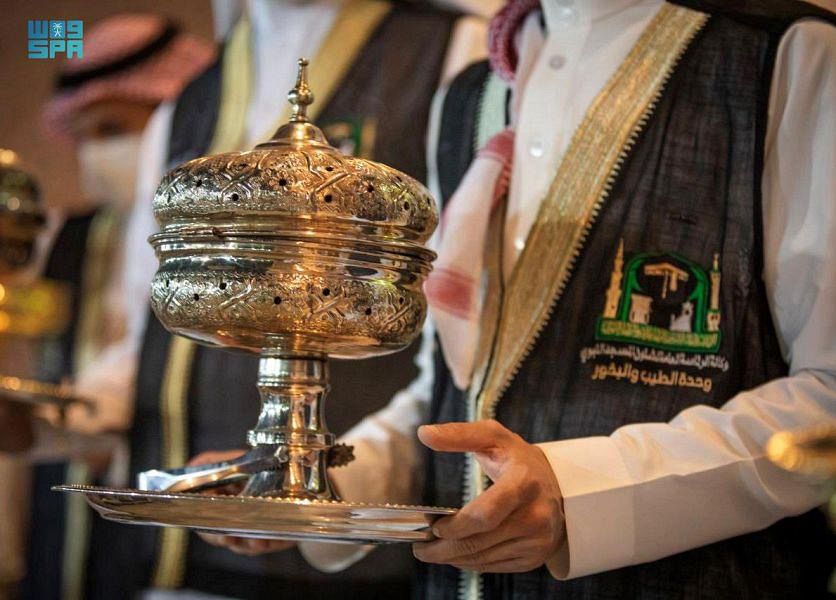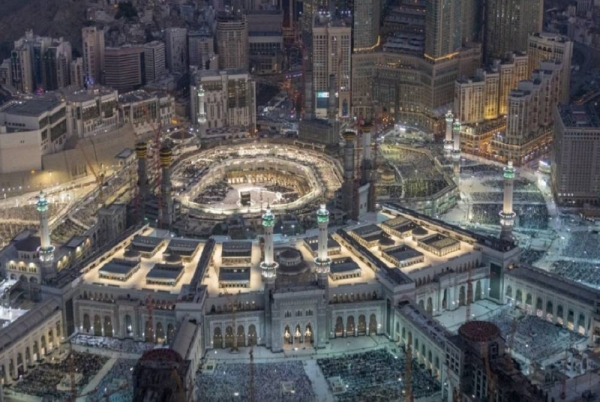
From Birmingham to Beirut, Green Lane Masjid is using donations made during the holy month to feed the hungry
The mosque has provided 30-40% more than previous years for humanitarian emergencies overseas
LONDON: A British mosque raised £996,000 ($1.4 million) for charity during Ramadan, with fundraisers providing humanitarian assistance in Yemen, Syria and Lebanon, as well as helping to feed the hungry and vulnerable in the UK.
In a statement issued to Arab News, Green Lane Masjid’s Humanitarian Taskforce said it was “more active than ever” during this year’s Ramadan.
Working with charities including Islamic Relief and One Ummah, the Birmingham-based mosque ran a series of events, TV fundraisers and food-delivery programs throughout the holy month.
As well as fasting and regular prayer, Muslims are encouraged to give generously to charitable causes during Ramadan.
In one TV fundraiser, over £130,000 was raised and pledged for Green Lane Masjid’s bread factory project in Syria.
Using this money, it will continue to bake over 11 tons of flour every day, providing regular and affordable food for 28,000 Syrians, many of whom face poverty and economic ruin.
Yemen also benefitted from the mosque’s fundraising. In one appeal hosted by a local radio station in Birmingham, the mosque raised nearly £20,000 — a sum of money earmarked for children caught up in the country’s escalating humanitarian crisis.
That money “will be used to buy peanut paste, a life-saving meal for malnourished children who are on the brink of death,” the mosque told Arab News.
“The paste is used for children who need high calorific intake to increase their weight but are unable to absorb normal food due to their critical condition.”
In Lebanon, the mosque provided thousands of hot iftar meals to refugees, many of whom would have otherwise been unable to participate in the traditional evening breaking of the fast.
“Over the past year, there has also been a conscious effort by the Taskforce to focus on UK projects too,” said Green Lane Masjid.
“Just in February, the team partnered with Islamic Relief to distribute over 2,000 meals to the homeless and vulnerable on the streets of Birmingham.”
Around 65 percent of those who were served meals were non-Muslims struggling to make ends meet due to the hardships of the coronavirus pandemic.
Nusaybah Naeem, an editor at the mosque, told Arab News that her team and the wider community rose to the challenge presented by the pandemic and its ensuing economic shock — both at home and abroad.
“In February 2021, we saw (food bank) demand quadruple as many people had lost jobs, run out of savings, or were waiting to receive benefits. Our food bank service users are often burdened by debt and are suffering with other issues such as mental health problems or domestic violence,” she added.
“We do have a strong ethnic mix of attendees to the food bank. Many of our attendees are non-Muslims. Our services are open to all regardless of race, creed or background.”
Further afield, “our taskforce has achieved 30-40 percent more than previous years this Ramadan for key humanitarian causes abroad,” she said.
“This is partly down to the humanitarian emergencies that have arisen with Yemen, Palestine, the Rohingyas and others. It’s also a reflection of the giving nature of our community, even in difficult times when they may be worse off themselves. Ramadan encourages people to strive harder than they may in other months.”












